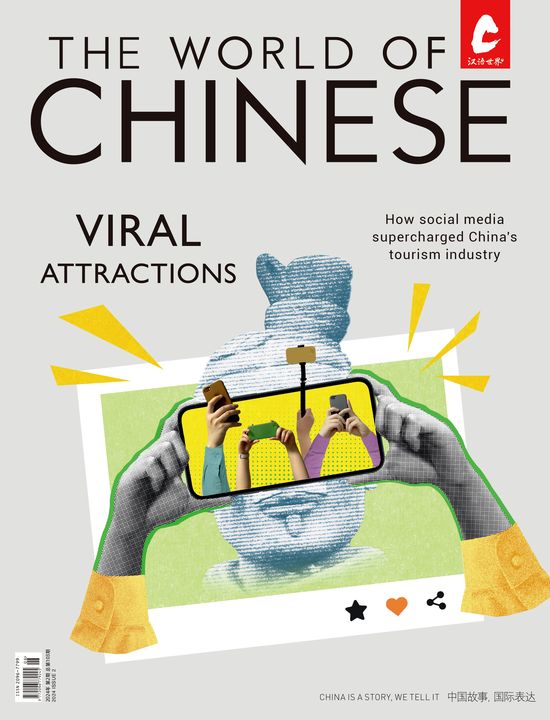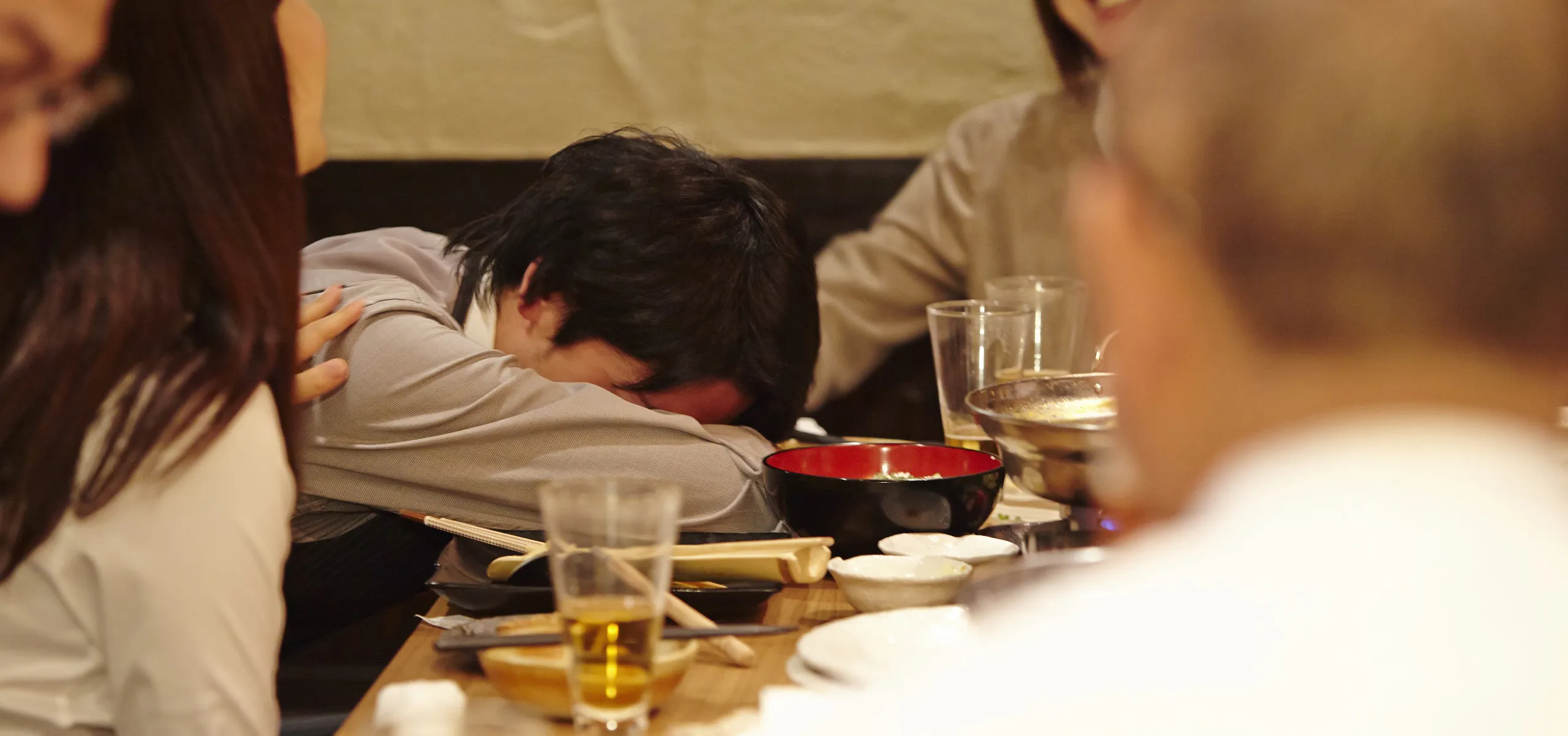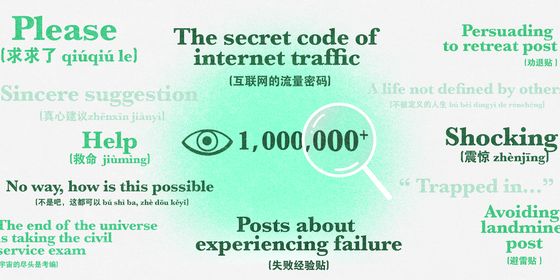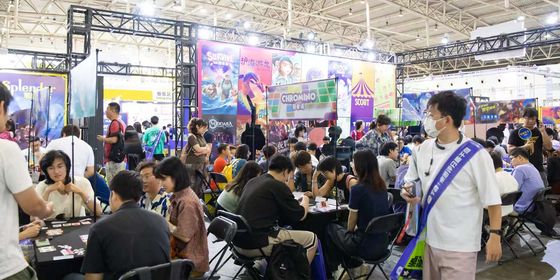A sexual assault case at Alibaba has led young Chinese to protest against the culture of coerced drinking and toasting at work
At 11 p.m., after three hours of drinking with a dozen colleagues and clients at the Sheraton hotel, 26-year-old Zhang Ke (alias) wobbled back home hugely relieved, thinking “It’s all over now.”
Zhang works as a data analyst in a finance company in southeastern China’s Jiangsu province. Though it is not a client-facing job, Zhang is required to attend business drinks with clients at least once per month, contrary to her expectations while job-hunting. What disturbs Zhang is not the alcohol but that her employer pressures her to attend—and that the culture of business drinking exposes female workers, in particular, to sexual harassment.
“At a banquet, a client held my female colleague’s hands in the name of ‘having a heart-to-heart talk,’ and our boss remarked, ‘You touched her hand even before it was my turn!’” she tells TWOC. “Maybe he was trying to save her [from the client], yet his remark made me feel uncomfortable.”
On August 7, a female employee at China’s e-commerce giant Alibaba reported she had been coerced into drinking on a business trip and sexually assaulted by her manager and a client in late July. After calling the police, the employee handed out leaflets in the company’s canteen to draw attention to her experience, as she received no help from a higher-level company manager, who had described drinking as necessary to doing business.
A public backlash against Alibaba on China’s social media followed the allegation, with hashtags like “firmly refuse vile business drinking culture,” drawing 220 million views and 14,000 comments. Two days later, Alibaba CEO Daniel Zhang reportedly announced in a memo that the alleged perpetrator had been fired, and that two managers who had ignored or downplayed the allegation had also resigned. Next day, the Central Commission for Discipline Inspection (CCDI), China’s anti-corruption agency, made an official criticism on Alibaba’s drinking culture, toxic work environment, and “unspoken rules” forcing employees to drink and socialize against their will at the workplace. “They may seem non-existent, but they stubbornly exist,” the CCDI wrote on its website.
Drinking is a pervasive social ritual and obligation to build rapport during business events in China, where guanxi (personal relationships) matter in securing deals. Typically, business drinking happens during a dinner outside of working hours, meaning drinking takes place throughout the meal, and representatives from every party at the table have to make at least one toast to show gratitude, make friends, or share anticipation for future deals.
There are several unwritten rules for business drinking in China. Young employees especially are expected to make toasts at dining tables, symbolizing their respect for and humility towards superiors and clients. It is considered rude to refuse when toasted by others, especially someone in a higher position. Sometimes, when senior managers have had too much to drink, or simply want to avoid drinking, they make junior employees act as proxy drinkers—often ending with their juniors reeling or vomiting.
China is not alone among East Asian countries in having business drinking cultures. In South Korea, the term gapjil refers to “workplace traditions of forced drinking sessions, long hours, and weekend work,” according to Insider. Japan also has a tradition of drinking with colleagues and bosses, though the country is reportedly gradually shifting away from mandatory workplace drinking sessions.
The Alibaba incident is not the first time China’s toxic drinking culture has come under the spotlight. Last year a bank clerk in Beijing slapped a new hire after he turned down a toast from a senior staff member during an informal banquet. In 2019 Feng Gang, a sociology professor at Zhejiang University with a history of making controversial statements, attracted public criticism after he boasted on Weibo that he disqualified a postgraduate candidate from studying under him because the student couldn’t drink over half a catty of liquor—though Feng and his students made him drink so much that he had to be carried back to the hotel.
According to an online survey on young people’s aversion to business drinking created on August 9 by China Newsweek magazine, 84 percent of the 693, 000 respondents had “extreme disgust and zero tolerance” for the practice, while 14 percent said they had participated “under coercion.”













